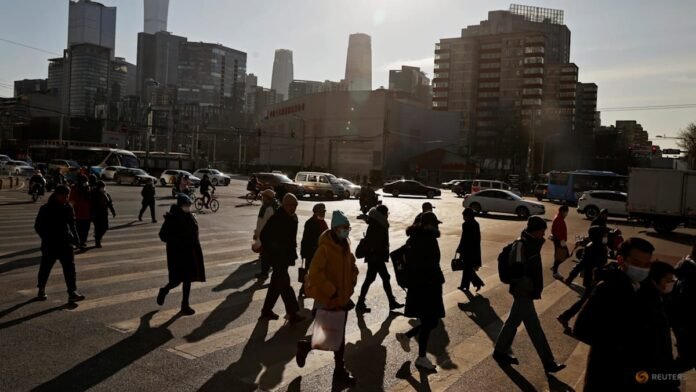China has lifted the mandatory retirement age for civil‑servants, a new move that signals the country’s effort to curb age discrimination. The policy change, announced by the State Administration of Human Resources and Social Security, raises the upper age limit for many public‑sector jobs from 55 to 60 – or even 65 in some senior positions.
The decision comes as Beijing faces a looming demographic shift. China’s population is aging faster than most nations, and experts warn that the shrinking pool of workers could strain public services and economic growth. By extending the careers of experienced officials, the government hopes to keep skilled talent in the public sector longer while giving older employees more job security.
“Allowing civil servants to work at older ages helps address both the aging population challenge and the need to preserve institutional knowledge,” said Liu Yuan, a senior analyst at the China Labour Academy. “It also sends a strong message that age is no longer a barrier to public service.”
The new retirement limits apply to a broad range of positions, from local government clerks to senior provincial officials. The policy will be rolled out in phases. First, civil servants who are currently serving in mid‑level roles and will reach age 55 by 2025 can now stay on until 60. For senior officials already serving, the limit extends to 65, with an optional early‑exit option for those who wish to retire sooner.
The move is part of a wider campaign launched last year to combat ageism across China. The government’s “Age‑Friendly Workplace Initiative” encourages businesses and government agencies to adopt flexible working arrangements for older employees, provide training on age‑inclusive hiring, and incorporate age‑integration practices into human‑resource policies.
The campaign also includes public awareness efforts. A national TV series was recently released that features stories of respected civil servants who continue to serve well into their seventies. It aims to challenge stereotypes that older workers are less productive or less capable of using new technology.
Some critics argue that merely raising the retirement age does not solve deeper problems. “We need better pension coverage, lifelong education, and health care for older workers,” said Dr. Chen Ming, professor of public administration at Beijing University. “Just extending working years won’t fix the root causes unless we support older employees with training and workplace safety.”
Yet many see the policy as a practical step toward reducing age discrimination. The new limits mean that older civil‑servants can continue to claim employment benefits and mature into senior leadership roles without being forced out at 55. It also encourages newer hires to respect the experience and expertise of older colleagues.
The policy will be monitored for its impact on workforce diversity and service quality. The State Administration of Human Resources and Social Security has pledged to collect data on the number of civil‑servants who stay beyond 55, the average tenure, and any effects on public service delivery.
For now, the news stands that China intends to give older public‑sector workers a longer path to contribute. As the demographic shift continues, the country’s workplace policies will likely evolve further to keep the government’s workforce diverse and effective while tackling ageism head‑on.
Stay informed on all the latest news, real-time breaking news updates, and follow all the important headlines in world News on Latest NewsX. Follow us on social media Facebook, Twitter(X), Gettr and subscribe our Youtube Channel.



